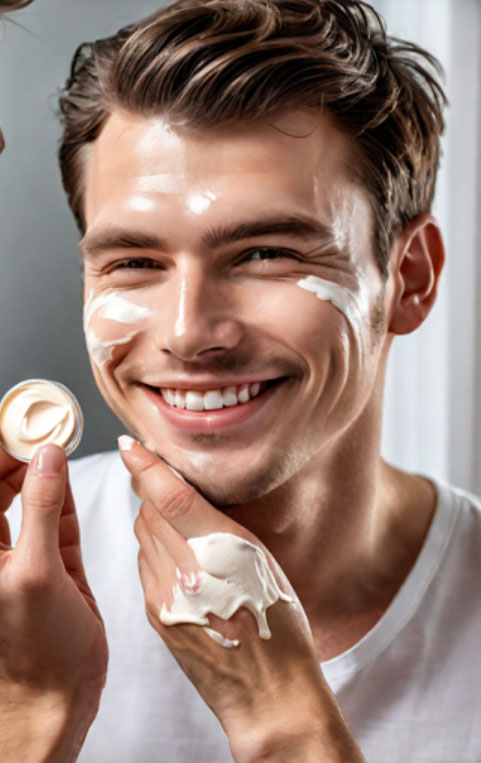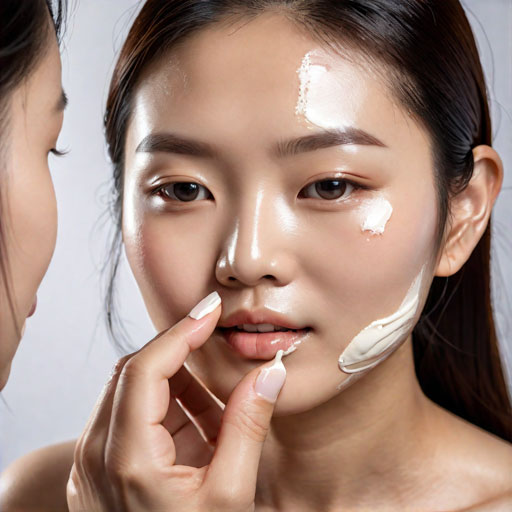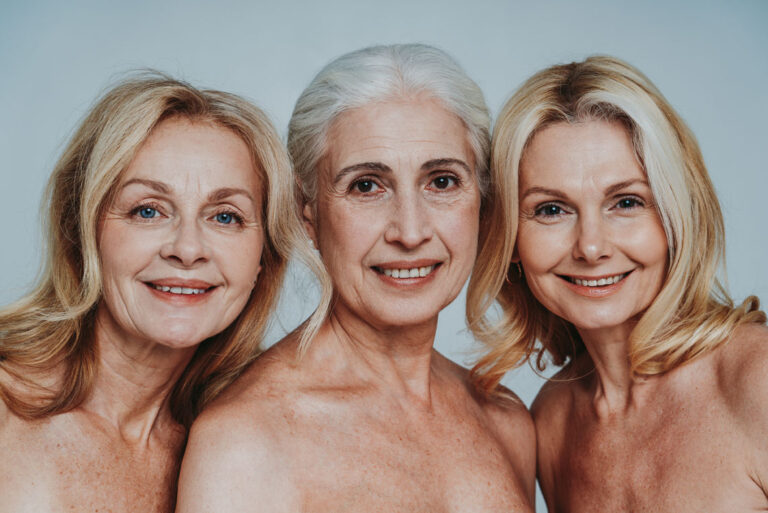Skin is the largest organ of the body and protects the body’s entire external surface. The most important function of the skin is the barrier function. The skin basically prevents things from the outside penetrating the skin and assures that the essential nutrients stay inside when the skin is hydrated. When you moisturize the skin, it helps to keep the barrier function at the highest level.
Why is moisturizing important?
The skin consists of three layers: epidermis (outer layer), dermis, and hypodermis. The surface of the skin, which is the outer layer of epidermis, is called stratum corneum. When you moisturize, you increase the ability of the skin to keep the moisture inside. When the skin is dehydrated, the outer layer cracks and splits.
 At what age should I moisturize?
At what age should I moisturize?
Moisturizing is a great habit that should start to develop in childhood. Using moisturizers is encouraged for all ages and genders. Moisturizing is especially important in cold and dry environments.
What is a good moisturizer?
A good moisturizer contains three main ingredients:
- Humectants such as glycerin, hyaluronic acid, urea, glycolic acid, and panthenol. The function of humectants is to act as a sponge and attract water to bind to it. It’s important to apply hyaluronic acid to damp skin to encourage hydrating activity. You can always purchase these products separately and apply as a serum.
- Occlusives such as mineral oil and petroleum. Occlusives seal the water inside and help the skin to stay hydrated. They also help the skin to heal itself. If you have some slight scratches or minor wounds, instead of antibacterial ointments you only need to clean the opening and apply the petroleum.
- Emollients such as squalane and fatty acids. You may have seen squalane as the main ingredient in a lot of moisturizers. Emollients help to fill the cracks in the skin and give the skin a smooth feel and look.
Different moisturizers contain different combinations of the three main groups mentioned. For example, if the moisturizer contains humectants, we call it “lotion,” whereas a “cream” traditionally refers to products that contain more occlusive ingredients.
When’s the best time to moisturize?
Moisturizing is encouraged at all times but the most important time to use moisturize is after a bath, shaving, or exfoliation. After a shower, the hot water cleans all the moisture and oils out of your skin and leaves it dry, so it’s important to moisturize and lock in the moisture.
 What else can I do to moisturize my skin?
What else can I do to moisturize my skin?
- Keep showers short. Limit your daily showers to 5 to 10 minutes, because if you shower longer than that, you may completely remove the oily layer of your skin and lose moisture. Using warm water is preferred over hot water. Hot water tends to wash away the natural oils.
- Avoid using soaps. We recommend soap-free cleansers and avoiding deodorant soaps, perfume soaps, and alcohol-containing products, which tend to remove all natural oils from your skin. In general, you should always choose fragrance-free skin products and avoid using fabric softeners for laundry.
- Use a humidifier, especially in the winter time, which helps to moisturize your skin
- Don’t scratch your skin. If you experience itching or discomfort, try to moisturize, which can control the itch. You can also use a cold compress to relieve itchy spots.
At Woodinville Family Medicine & Dermatology, we firmly believe in the importance of moisturizing, and often include moisturizers in our prescribing and care instructions.
For more information about the role of moisturizers in addressing various kinds of dermatitis, please review this article.
Skim over this article from Harvard University about the ingredients in moisturizers.
This is a great article about how to pick the right moisturizer for your skin from the American Academy of Dermatology Association.
Please note that this information is intended for general education and does not apply to specific cases. Please schedule an appointment for an individualized assessment and a long-term plan. We will provide complete support until you are symptom free and you stay symptom free.
Some pictures are AI-generated.
Return to our Health Blog.
